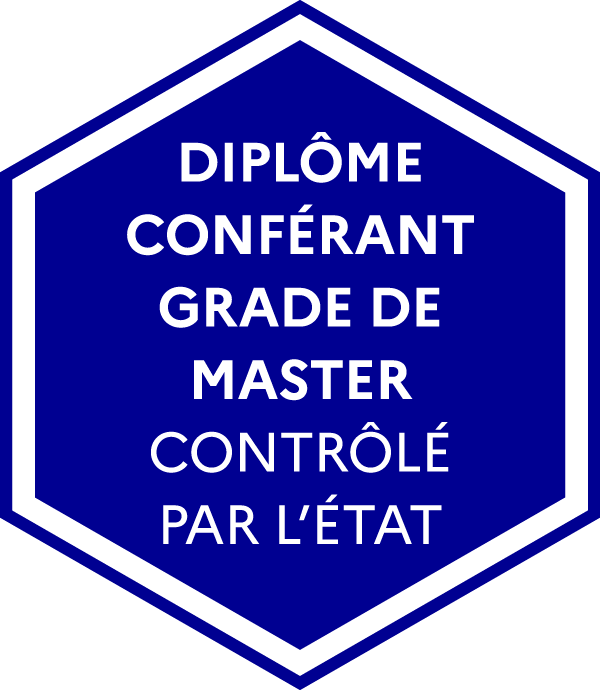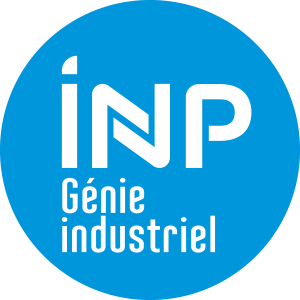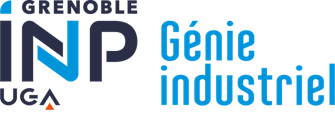Number of hours
- Lectures 18.0
- Tutorials 18.0
- Laboratory works 12.0
ECTS
ECTS 3.0
Goal(s)
After the early stages of the design process, the product is often represented as a nominal CAD model. The product is then manufactured, however, the overall geometry of the manufactured product will differ slightly from the nominal geometry.
In this course we focus on the choice of manufacturing process, the geometric deviations which occur and how to deal with these deviations so as to ensure that the product meets the customers needs.
- specify the product geometrically so that it meets expectations despite the geometric deviations which can be caused by the manufacturing process
- specify the components which make up the product so that once assembled it is true to the original model, despite the geometric deviations caused by the manufacturing process
- determine a suitable manufacturing process to manufacture the product
- anticipate the geometric deviations depending on the manufacturing process chosen and compare them with the geometric specifications of the product
- control the manufactured product to ensure that it is in accordance with the specifications
Content(s)
- geometric specifications of the product
- ISO Standard tolerance
- specifications of parts
- choose a manufacturing process
- simulate geometric deviations caused by the manufacturing process
- deal with these deviations during the manufacturing process
- control parts / products
Prerequisites
- Analysis of mechanisms from 3D models (Digital Mock-Up - DMU) or 2D (plans)
- Knowledge of basic mechanical technologies (assembling, guiding)
- Knowledge of basic manufacturing technologies (casting, injecting, die forging, turning, milling)
Semester 1 - The exam is given in english only 
TP1 = report on practices
E1 = Final written exam from 1st exam period
E2 = Written or oral exam from 2nd exam period
N1 = Final mark from 1st exam period
N2 = Final mark from 2nd exam period
N1 = (2*E1 + TP1)/3
N2 = E2
Semester 1 - This course is given in english only 
La gamme automatique en usinage, Groupe GAMA, recueil de onférences réunies par P. Bourdet et F. Villeneuve, Hermes, 1990
Production mécanique Fabrication générale, Padilla - Anselmetti - Mathieu - Raboyeau, Dunod
Machines à commande numérique, MERY Bernard, Hermès
Fabrication assistée par ordinateu, BERNARD Alain, Hermès
Le contrôle tridimensionnel, Thierry Coorevits, Jean Marie David, Renishaw/Techno Nathan
Techniques de mesures sur MMT, Transfert d'expérience, Collège Métrologie, MFQ1998
Conception de gamme de fabrication, Article BT 7025, Technique de l'ingénieur
Chaînes de cotes de fabrication, P. Bourdet, L'ingénieur et le technicien de l'enseignement technique 1973
Les tolérances et la vérification des pièces, P. Bourdet L. Mathieu, Les référentiels DUNOD
Tolérancement (en 3 volumes) ANSELMETTI Bernard Hermès
Tolérances et écarts dimensionnels, géométriques et d'états de surface, Article B7010, Technique de l'ingénieur
Cotation fonctionnelle, Article BM 7020, Technique de l'ingénieur
French State controlled diploma conferring a Master's degree

Common Core presentation
Programme courses S5
Programme courses S6
Supply Chain Management
Programme presentation
Programme courses S7
Programme courses S8
Programme courses S9
Programme courses S10
Product Design
Programme presentation
Programme courses S7
Programme courses S8
Programme courses S9
Programme courses S10
Contacts
Academic staff
- Head of studies:
Pierre Lemaire - Head of 1st Year Program:
Abdourahim Sylla - Head of Supply Chain Management Program:
Irène Gannaz - Head of Product design Program:
Yann Ledoux
Registrar's office
- Head of Registrar's office:
genie-industriel.scolarite@grenoble-inp.fr - Secretary's office 1st Year:
Valérie Demicheli - Secretary's office 2nd Year:
Sylvie Malandrino - Secretary's office 3rd Year:
Vincente Odier - International relations department:
Nadia Dehemchi



